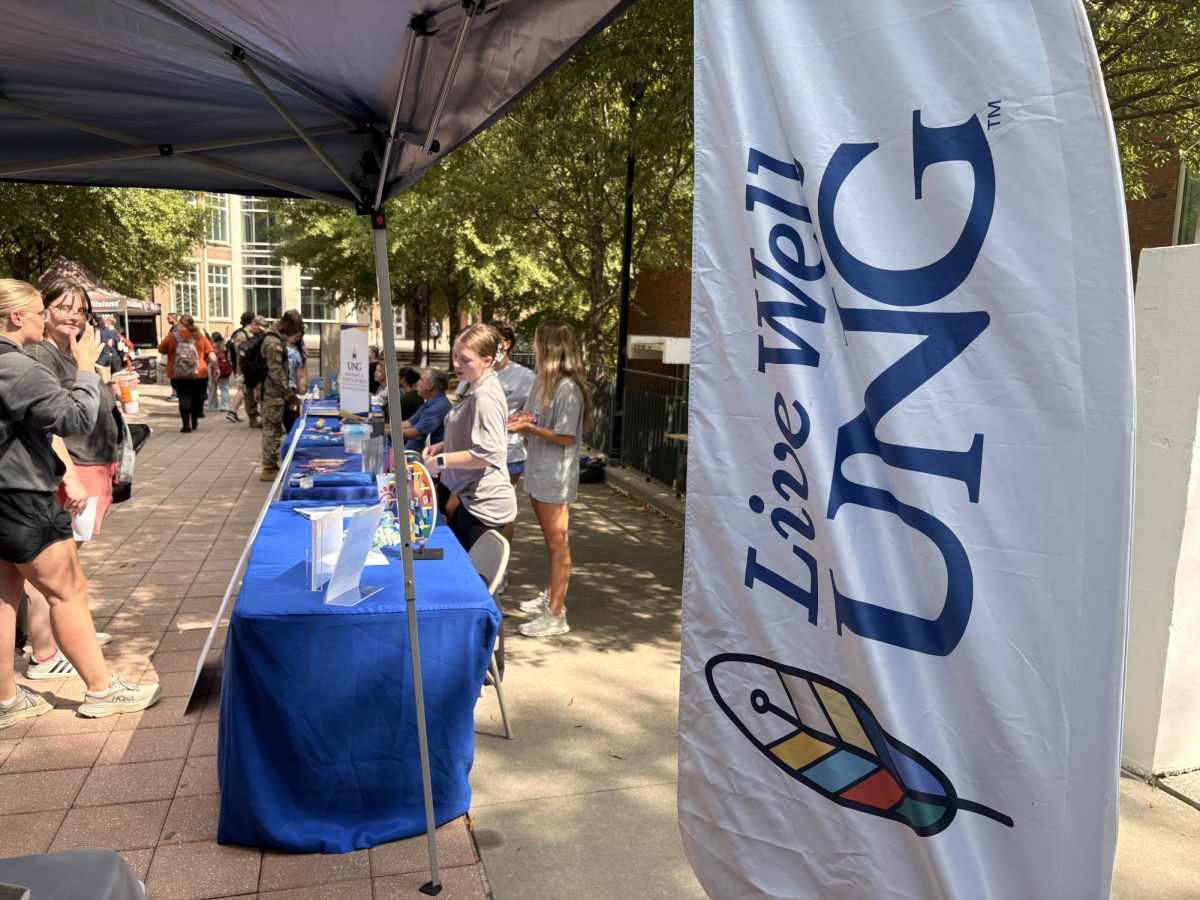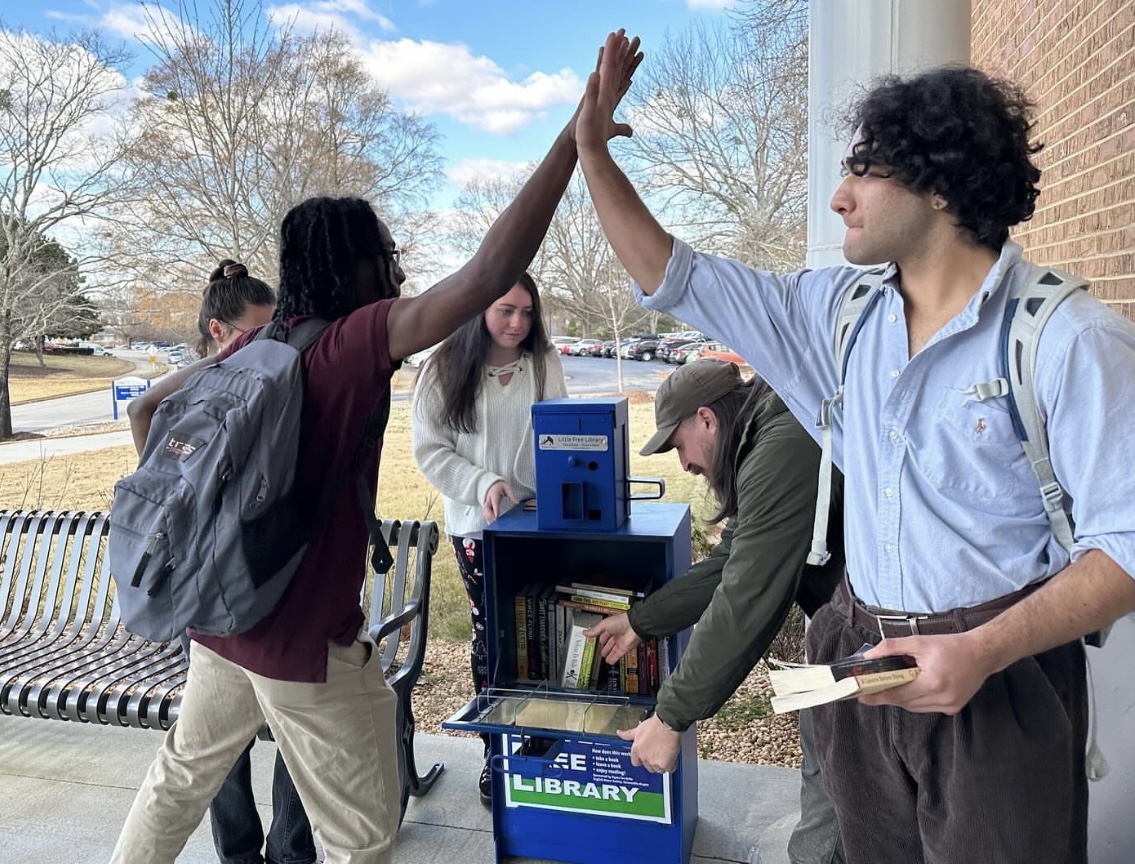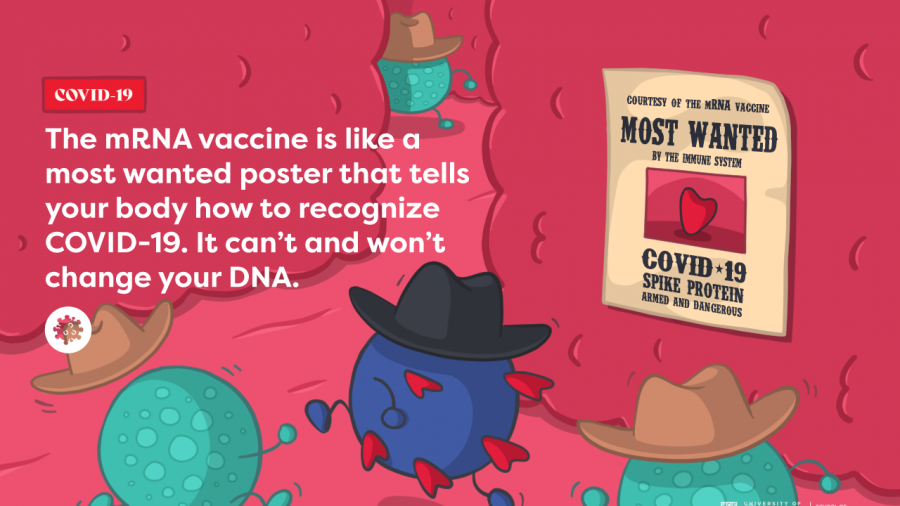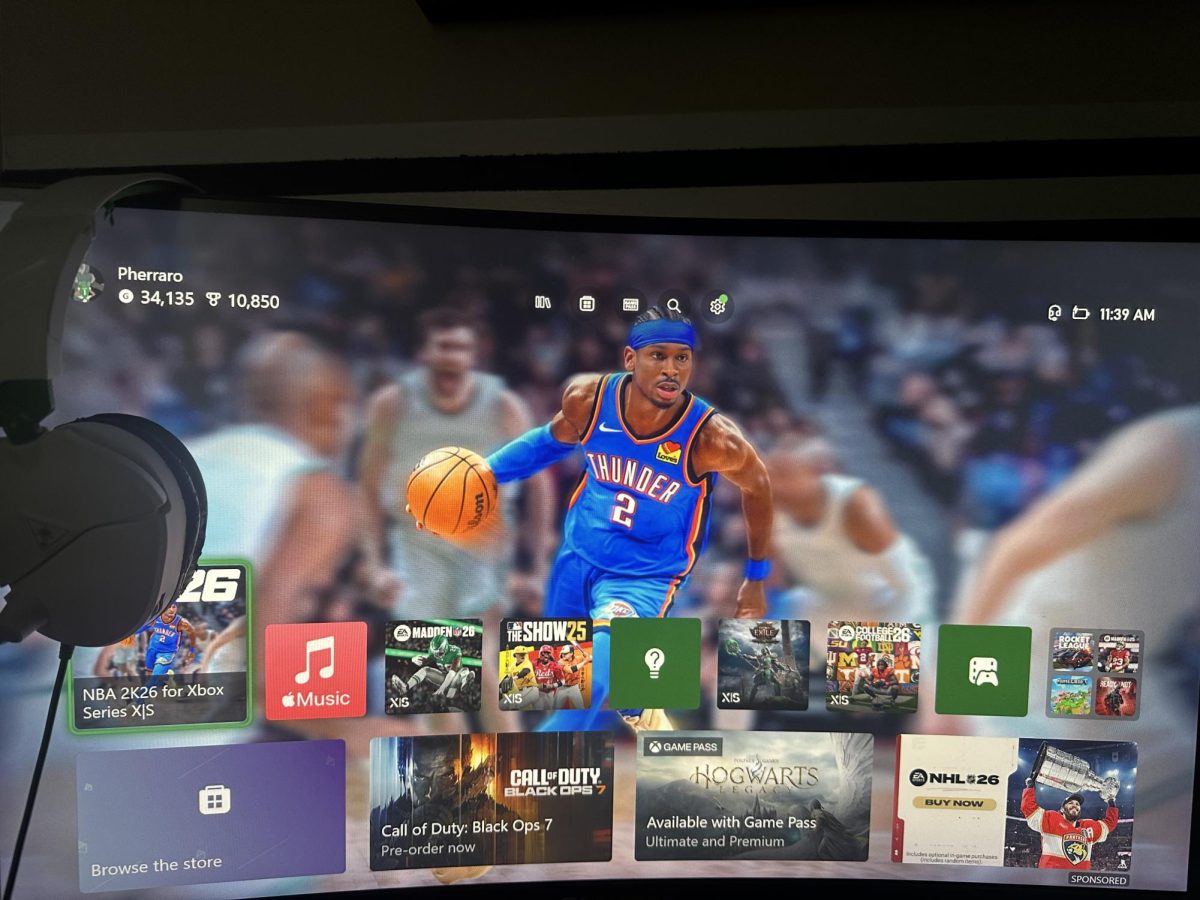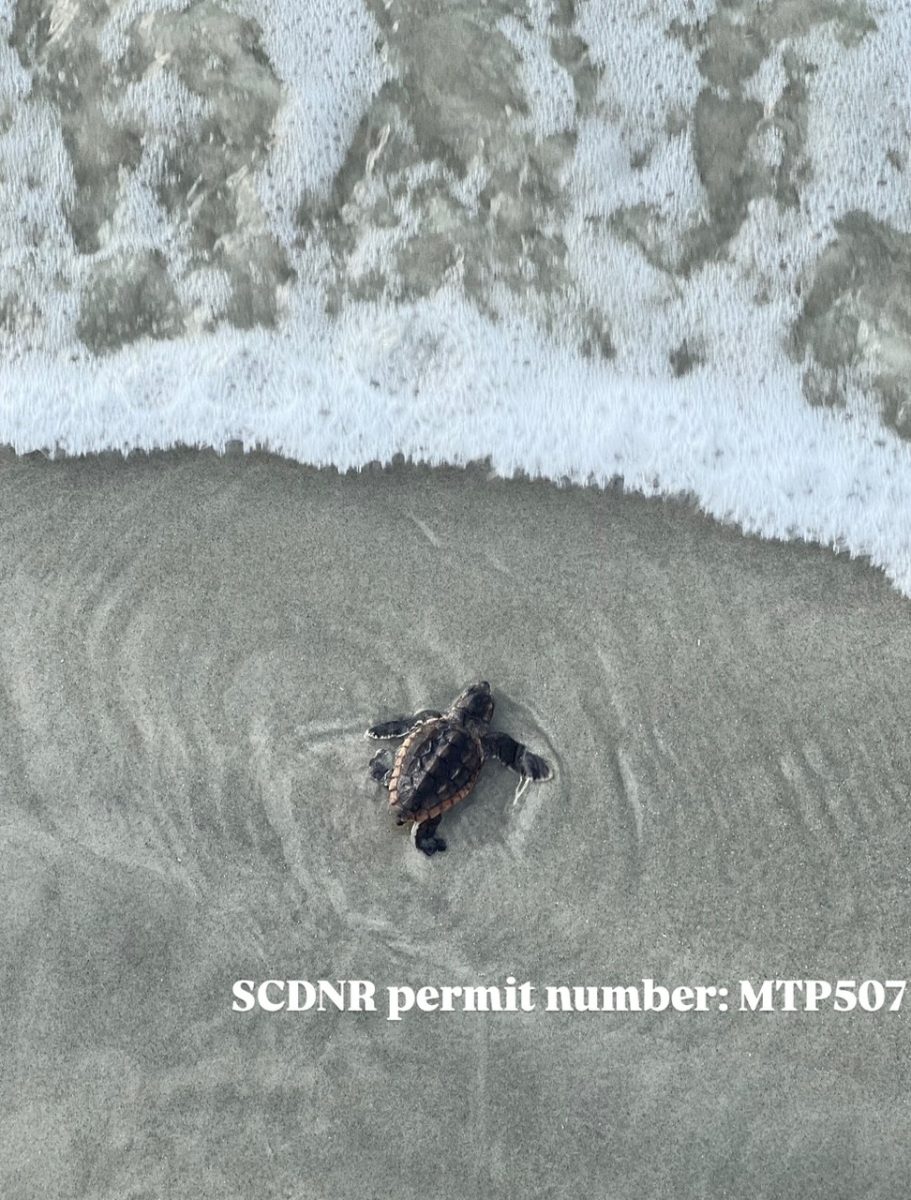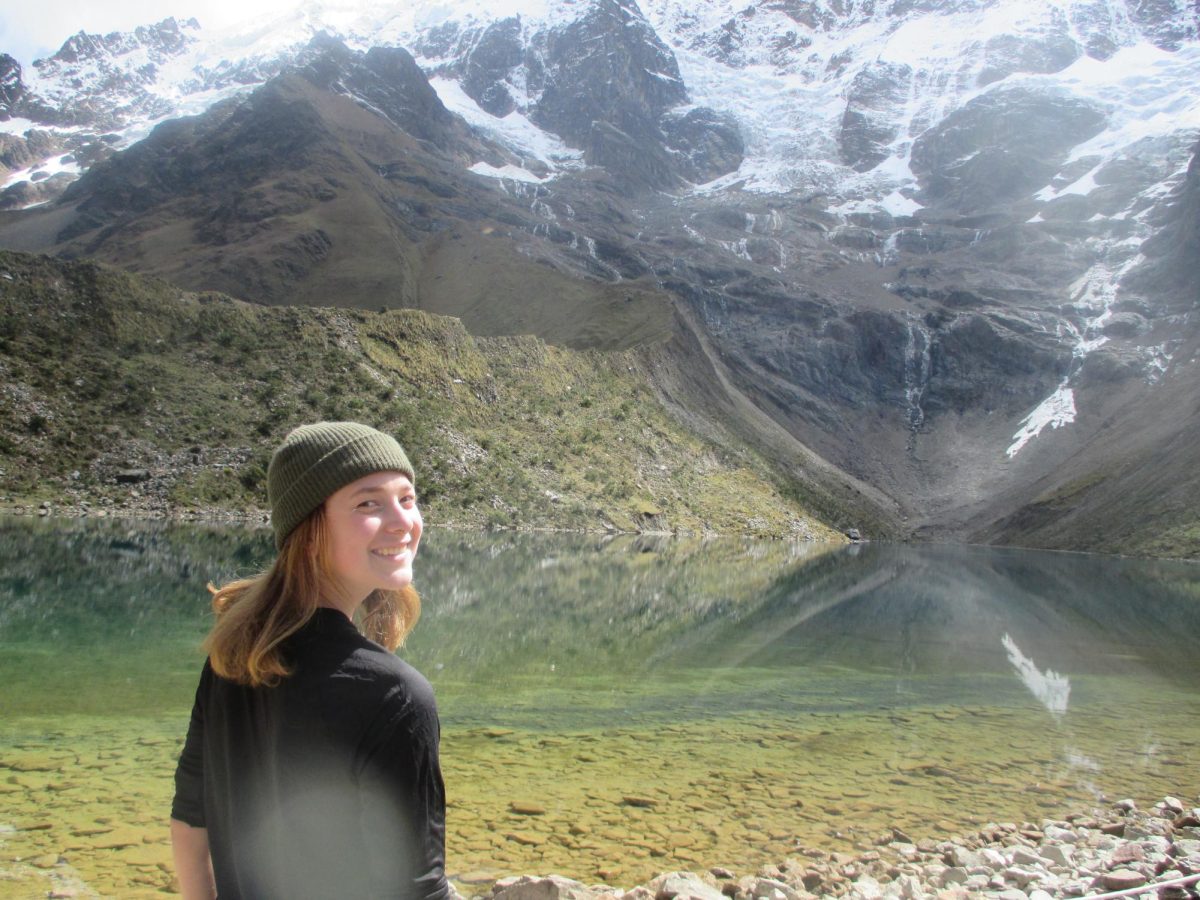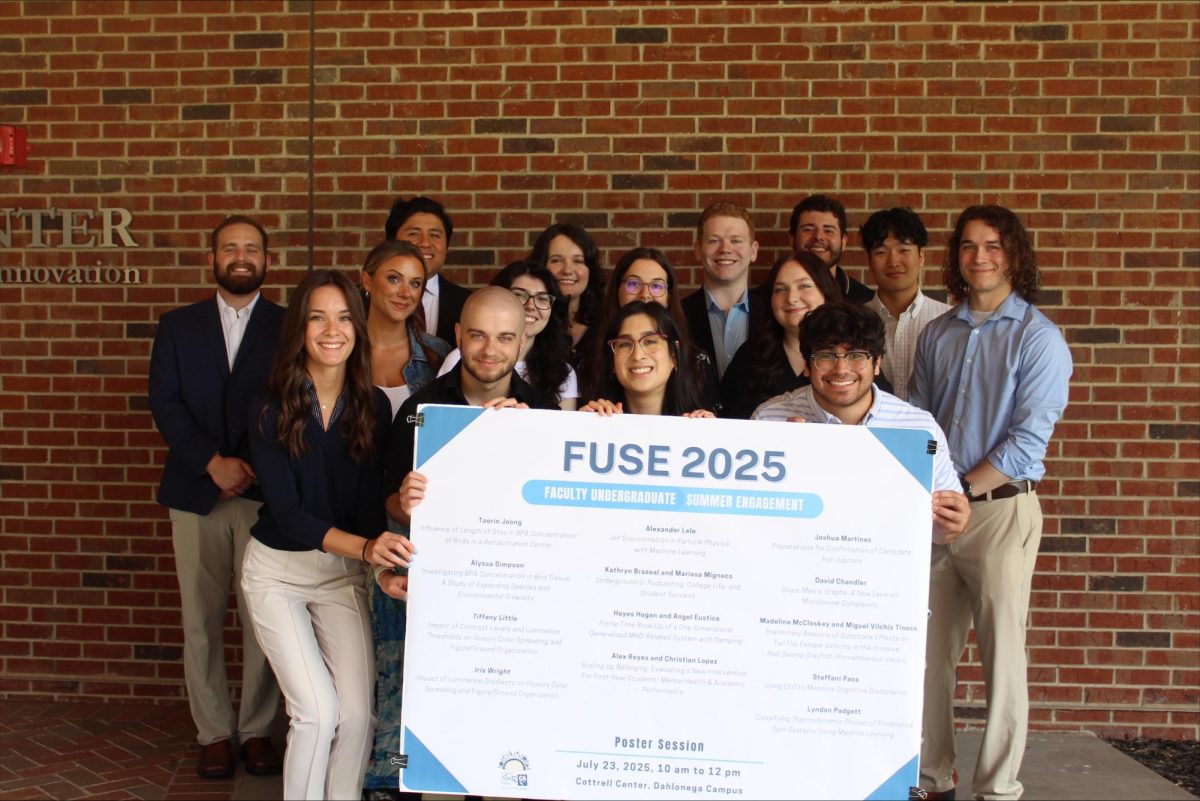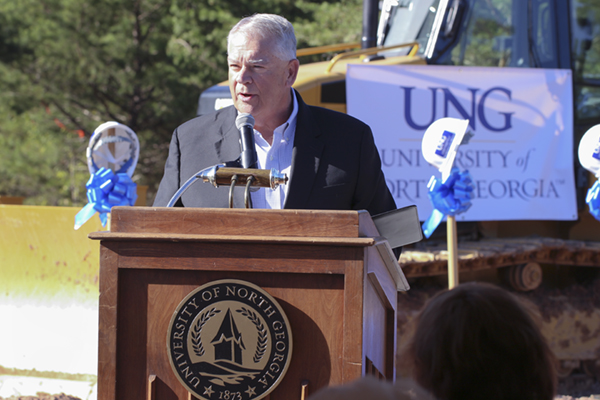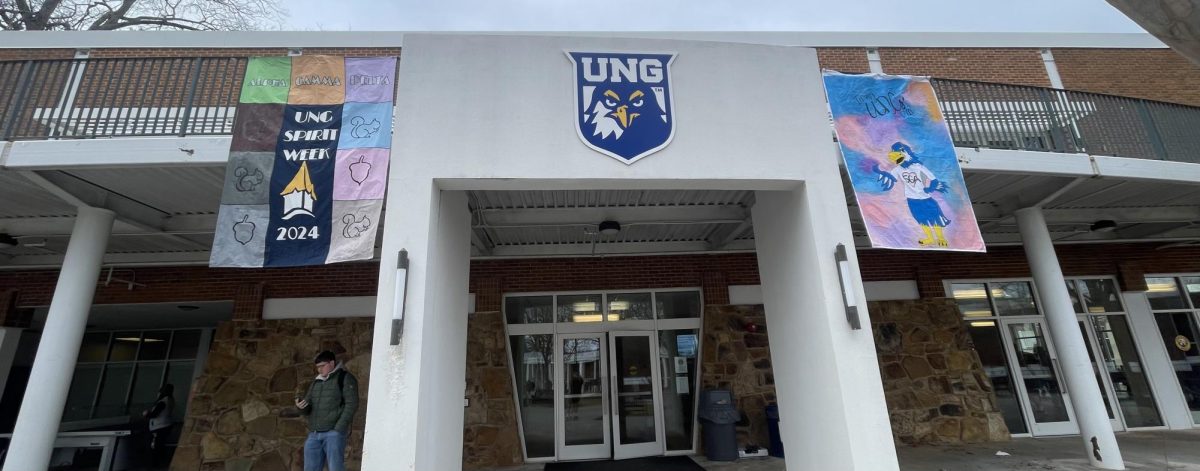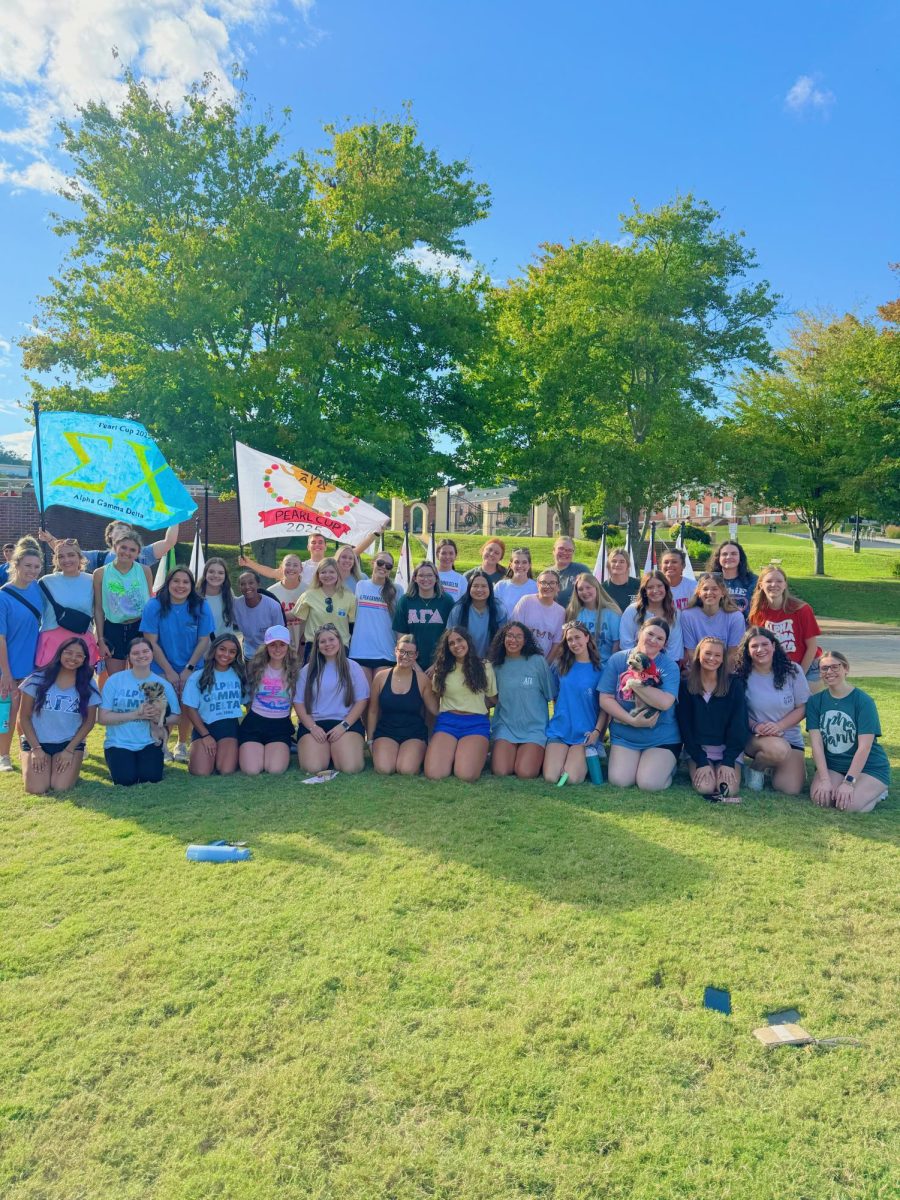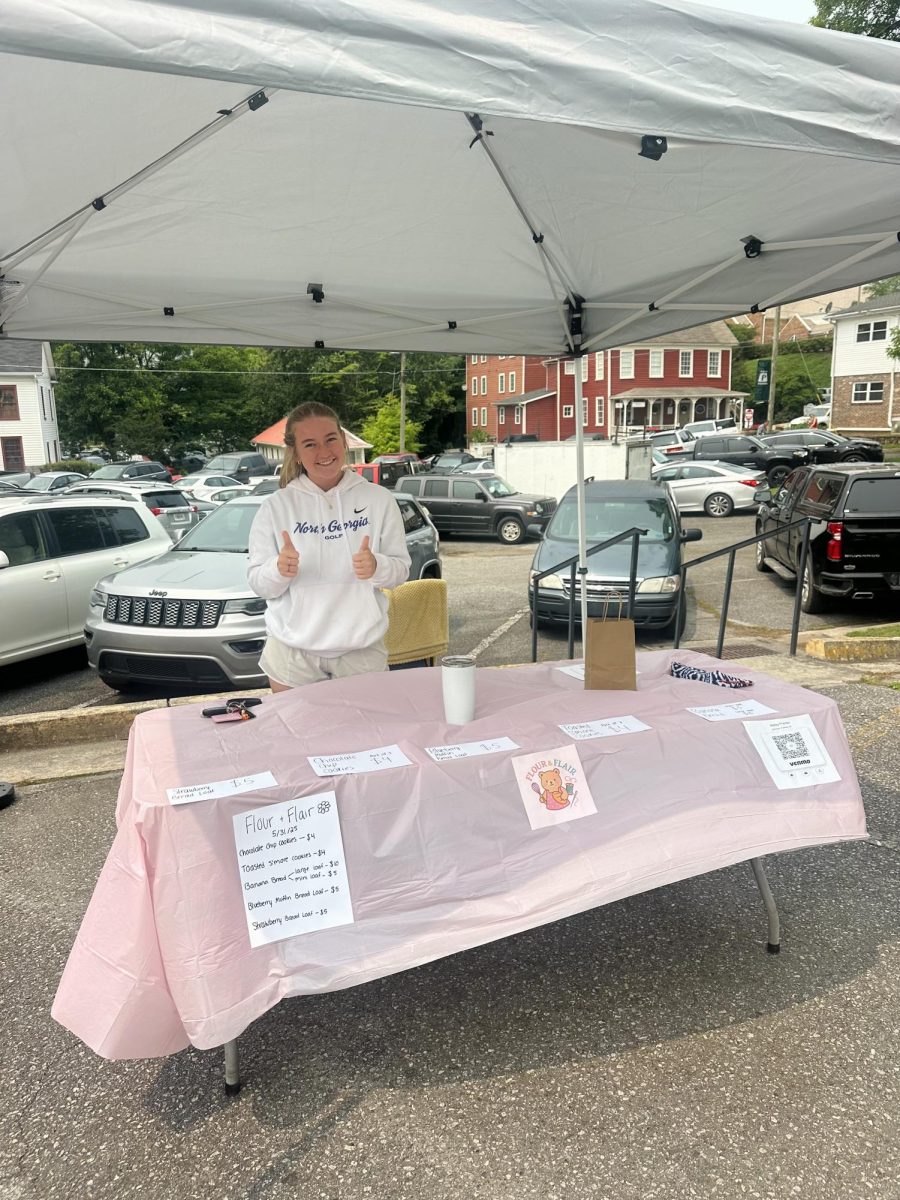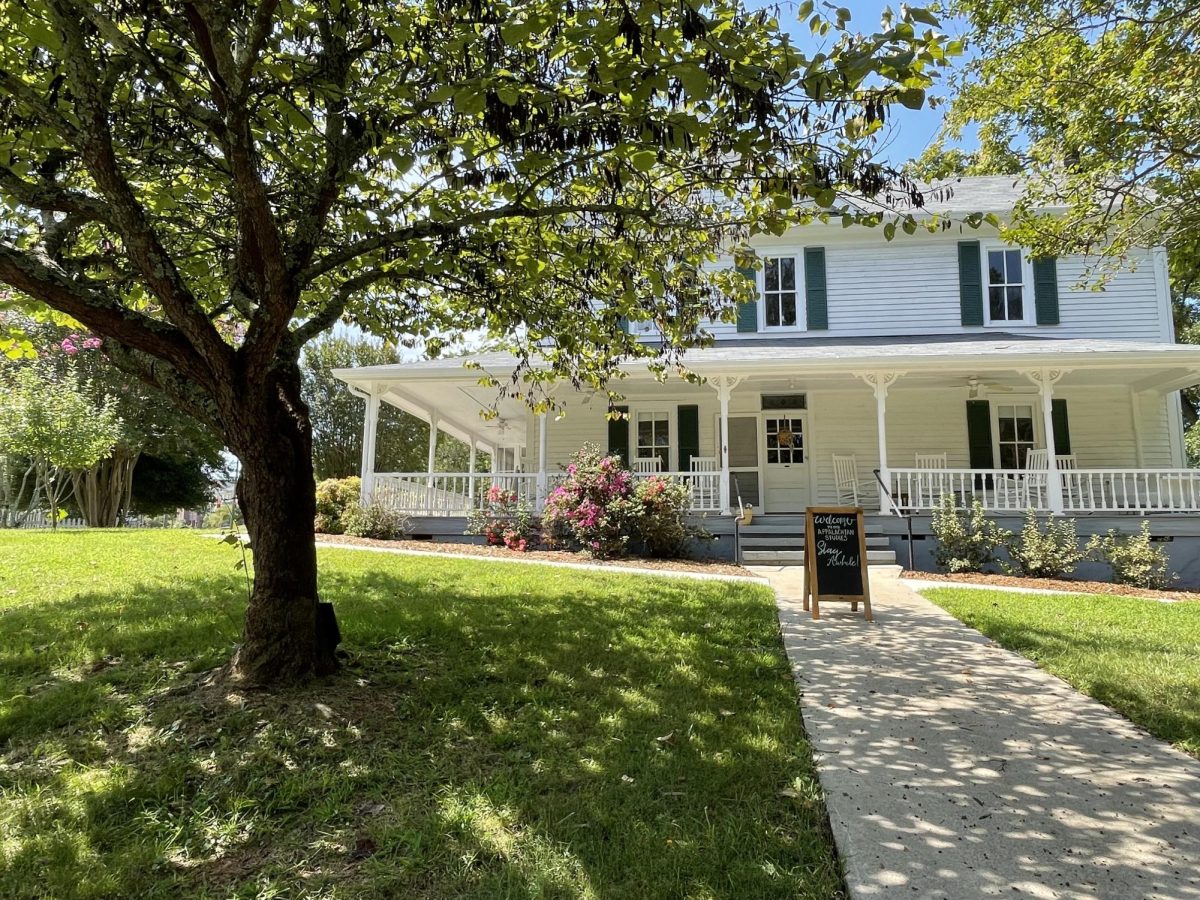Ever since the first COVID-19 vaccines were administered in the U.S. in December 2020, there has been a drive to get citizens vaccinated. According to the World Health Organization, about 70-90% of the population needs to be vaccinated in order to reach herd immunity, which would allow transmission of the virus to slow enough because people have either been infected or vaccinated.
This path hasn’t been easy though. Since word of the vaccine came out, there has been lots of misinformation being spread to scare citizens to not get vaccinated. This misinformation includes: changing of DNA, infertility, mercury is one of the ingredients, thousands of people have died due to the vaccine, the government has put a microchip in the vaccine, and many others.
Rather than fact checking this information, people have sadly believed these lies to the point where some people won’t ever get the vaccine. It seems as though it will take some time and energy to make sure crazy Aunt Patty won’t believe the first thing she sees on Facebook.
So where does this misinformation come from? UNG biology professor Dr. Amy Anderson states that it comes from various social media sites like Facebook. “The problem is right now is that there’s so much information and it’s so new and the internet is wide open to anyone,” Anderson said. “Really, anyone can go in and say whatever they want, and if they sound convincing enough, then people will believe them and they’ll get a following.”
What doesn’t help is the politicizing of science. It seems as though this started with former President Donald Trump, as he not only disregarded the COVID-19 pandemic, but also helped spread misinformation about the virus and the vaccine.
However, Dr. Allison Kanak disagrees, stating, “Some people want to blame him for this anti-science movement, when the movement goes way further than him.” One example Kanak gave is from the TV show “Friends.” In the show, one of the characters, Ross, has a PhD, and is made fun of for being nerdy. This could be a possible source for people to gain anti-science thoughts. People can gain these interesting thoughts from weird places, especially from a TV show like “Friends.”
Another reason is the rise of the internet. During its start, people could only find legitimate websites and government websites to find information. Nowadays, anyone has a voice on the internet and can find information from any site they stumble upon.
The great thing about the modern internet is that there are great sources to help break down scientific information. Whether it be professors, or even YouTubers like Hank Green, they can help people fact check their information and understand it.
Kanak describes the negative, “Anyone can make a website and have it look believable.”
Biology classes such as Anderson’s are a great way for students to learn about vaccines. In her class, she sends out a survey, asking what students think about vaccines and what questions they have.
This year, she received so many questions about what COVID-19 was and about the vaccine. “It was too many questions to address in the normal vaccine lecture so I made a whole new week’s worth of material about the new vaccines,” Anderson said.
Anderson recorded her lecture and received a lot of comments after that students had sent this lecture to their parents, and even other professors in the education department. When talking to Dr. Sarah Young, Anderson was telling her about the comments she received. This is when Young suggested that this lecture would be good for the community as well.
“There’s a lot misinformation out there…and then there’s a lot of scientific information…even I as a biology professor was a little bogged down about the lack of middle-of-the-road information that’s digestible for the average person…so I did the sorting for them.” – Dr. Amy Anderson
Last week, Anderson hosted two events called “Community Communications: The Truth About Vaccines” on both the Dahlonega and Blue Ridge campuses. Students could attend either in person or on Zoom, and listen to Anderson explain what COVID-19 is and learn tons of information about the vaccine. At the end of the presentation, students could ask questions.
For example, in the presentation, Anderson discussed mRNA vaccines and how scientists were able to release the vaccine to the public. One of the ways misinformation can be spread is because of how “new” mRNA vaccines are to people. Anderson even stated that she had never heard of them until recently. However, after learning about the time and research that scientists gave into mRNA vaccines, Anderson thinks highly of them, even stating they might be the future due to how they work.
So how do we stop the spread of misinformation about the vaccine? It’s tough to say since the solution is complicated. However, one common solution shared by Anderson and Kanak is to teach students how to fact check information.
Kanak states that students need to start science literacy such as understanding vaccines at the high school level so they can make sure they understand the content they are looking at is correct.
This literacy needs to extend even to the college level. In Anderson’s experience, first-level biology classes are usually the last science classes non-majors take, and she helps them figure out legitimate sources so students can sift through everything that is out there. Anderson states that the one thing students take from her class is that as long as you make your decisions based on facts and not people’s opinions, then you should do whatever you believe is best for you.
As long as the internet exists, misinformation will exist. Control shouldn’t be the method to stop this misinformation, but rather fact checking.
If students want to download and watch the lecture Anderson presented, they can email the Academic Engagement.










